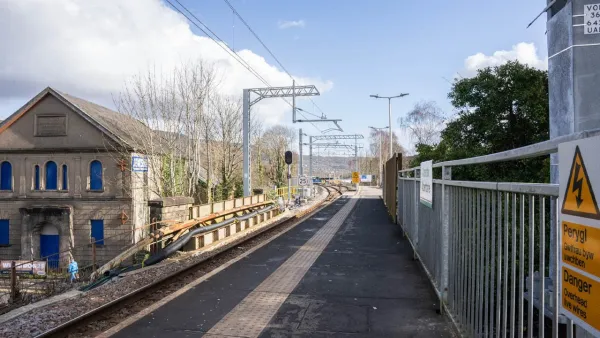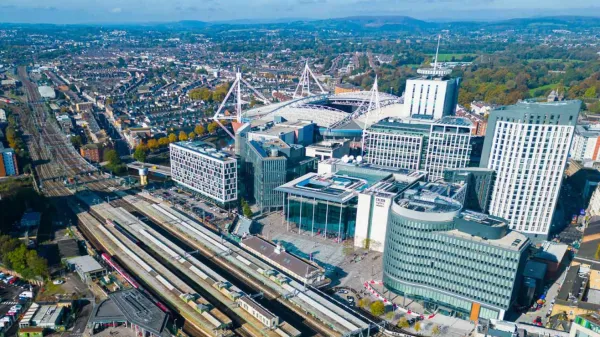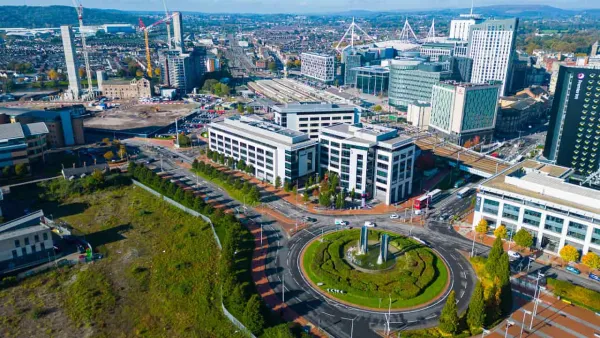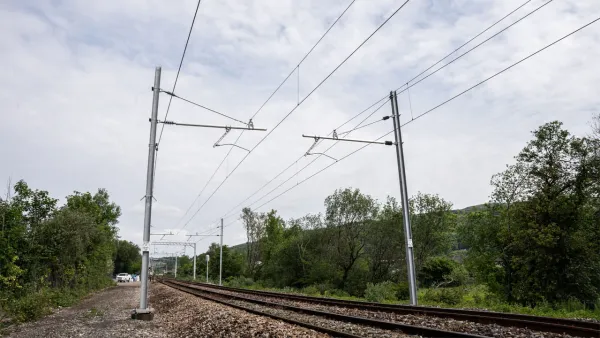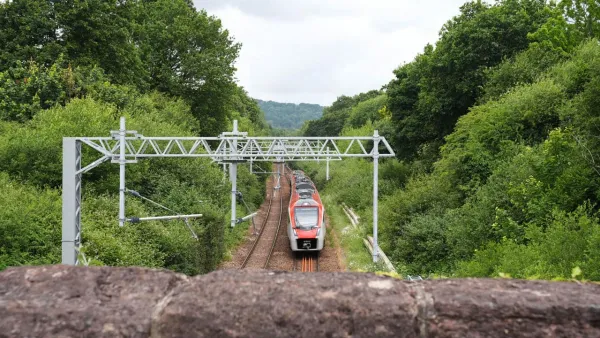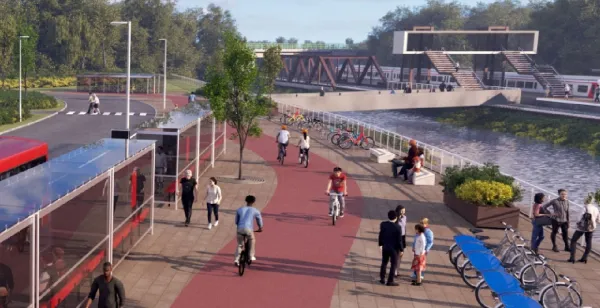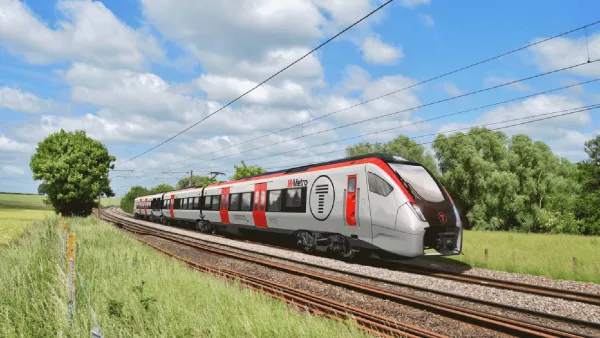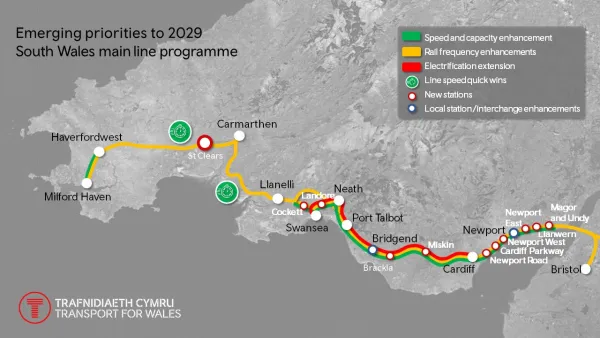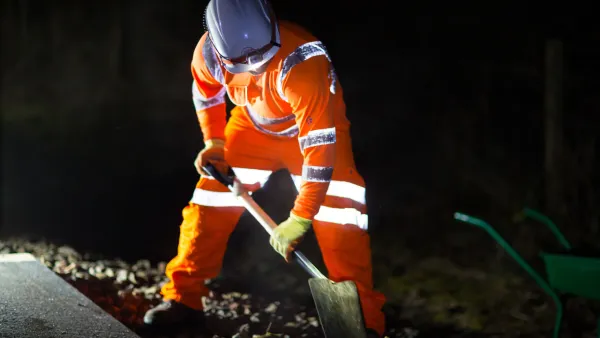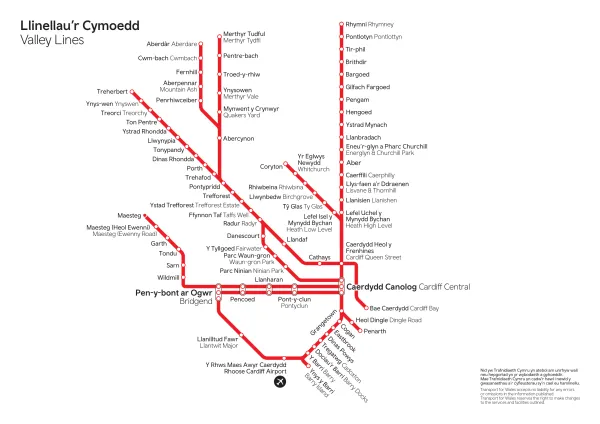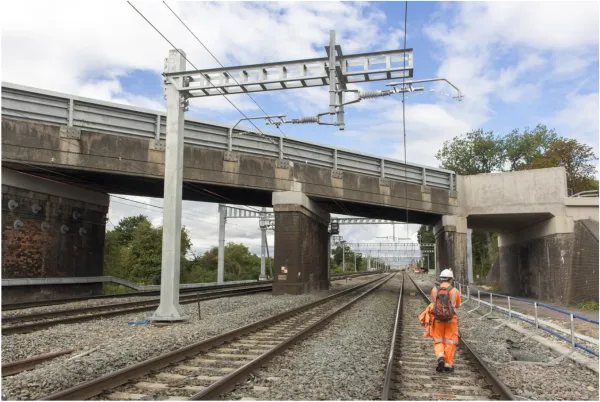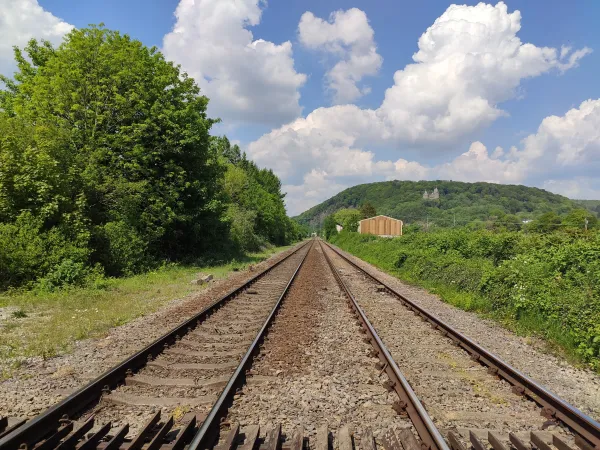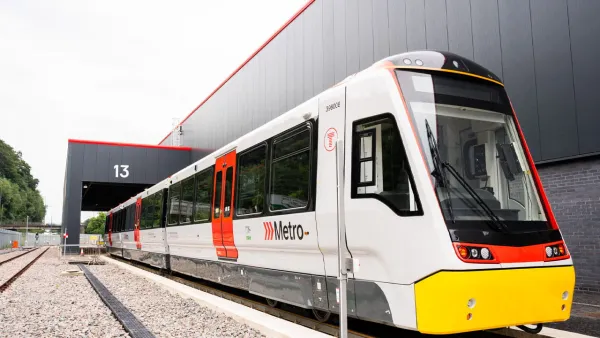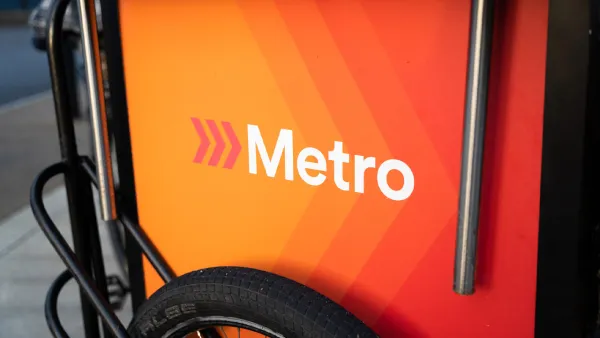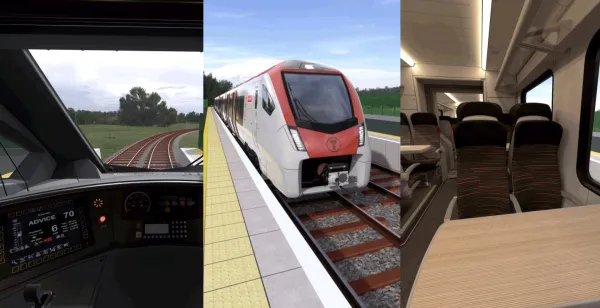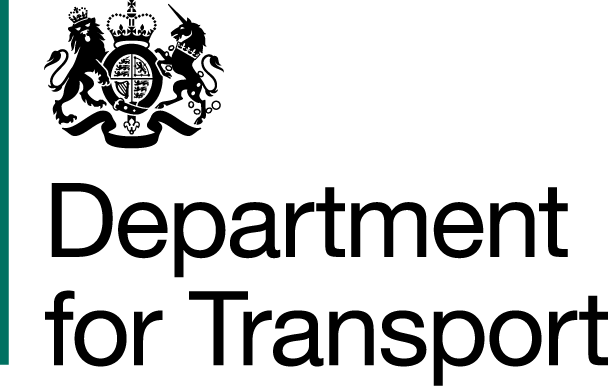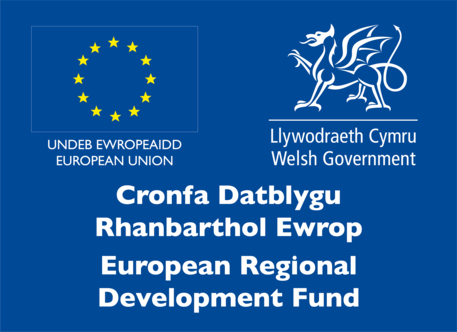
The South Wales Metro project
The South Wales Metro project is making travel easier for you.
We’ve been making significant improvements across the network to provide the people of South Wales with a more reliable, faster, greener and more accessible transport system.
We’re investing millions in the Metro project to create better access to jobs, healthcare, and education. This integrated network of rail, bus, and walking and cycling routes will improve connectivity, making it easier for you to get where you need to go without any hassle.
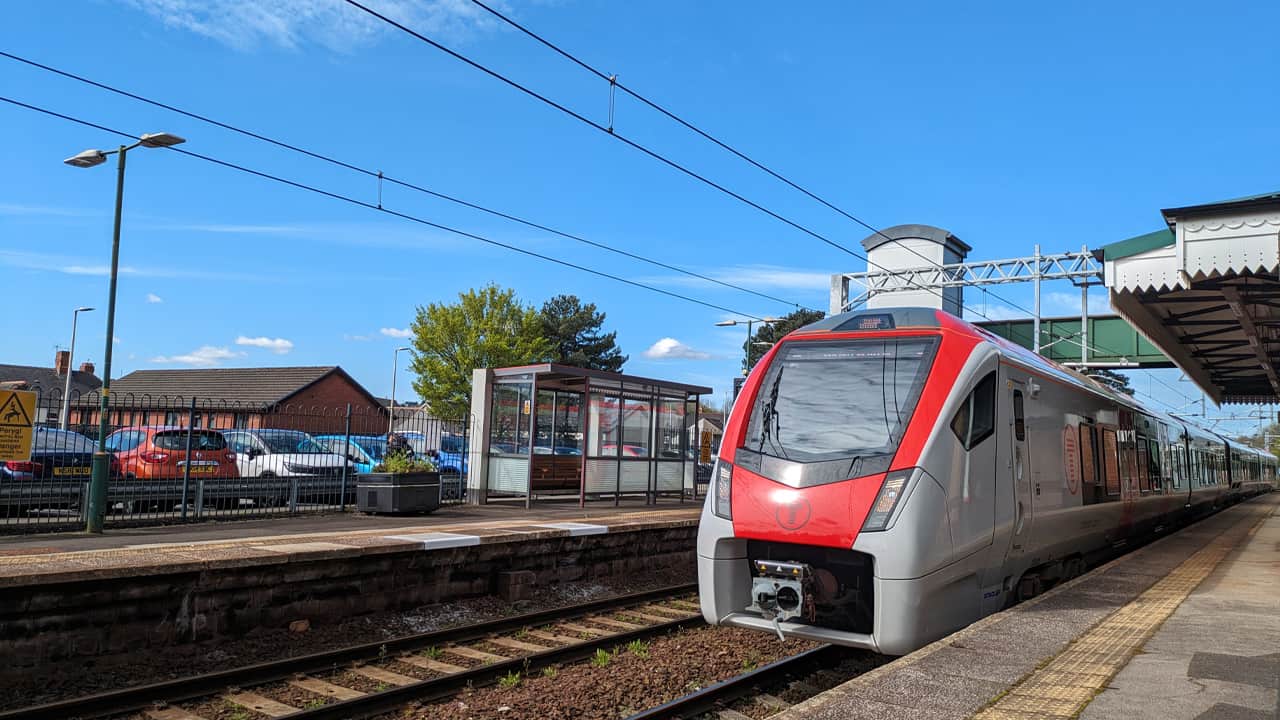
The Metro project is making travel more sustainable across South Wales
Since August 2020, we’ve undertaken major engineering and infrastructure work to upgrade the rail network so we can introduce brand new trains onto the South Wales network.
This investment in faster, greener trains will make our services more efficient and sustainable.
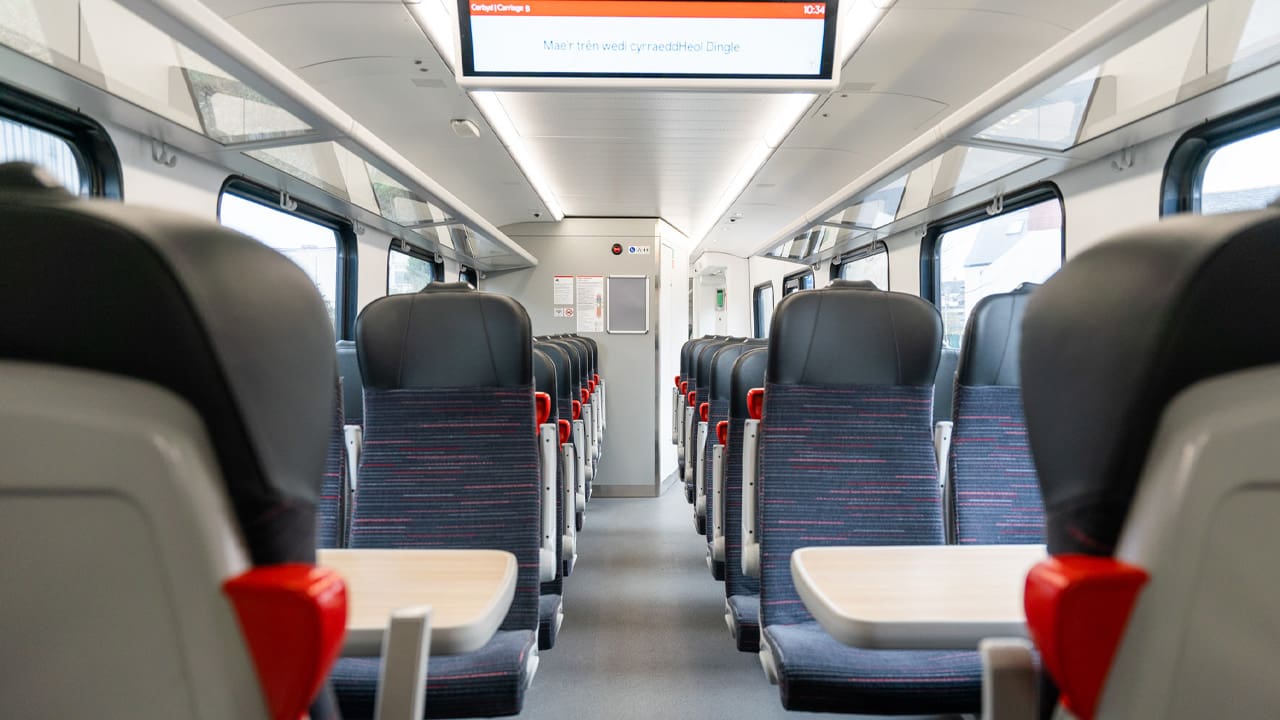
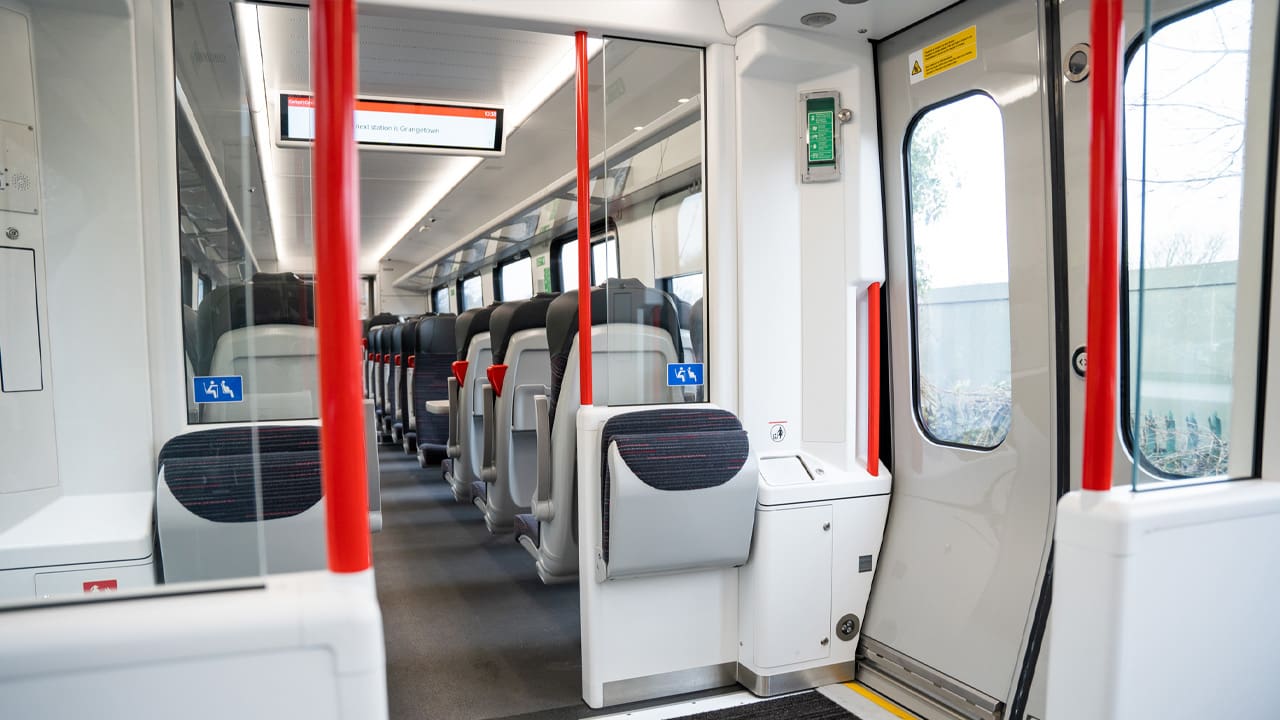


What has the South Wales Metro project achieved so far?
Rail
- Introduced brand new trains in parts of the South Wales network to make train travel more comfortable and convenient.
- Electrification of many routes across the South Wales area means we can start to introduce electric trains from Autumn 2024.
- Improved accessibility by installing lifts, access-for-all bridges and level-boarding to make it easier to get to and from your train.
- Installed bike hoops to make cycling to catch your train simpler and more appealing.
- Added more passenger information screens to make finding train times and information hassle-free.
- Built a brand-new train depot in Taffs Well which will be home to 36 tram-trains and over 400 members of staff, due to open in late 2024.
Click here for more information about our recent June timetable changes which have enabled more frequent and more convenient services as part of the South Wales Metro project.
Bus
We’re working in partnership with local Government in Wales and private bus operators to deliver a cohesive network of routes across South Wales.
We want more people to travel by bus and for bus travel to be an attractive option.
Our plan for integrated ticketing will make travelling in Wales seamless and less complicated.
Active travel
We’ll build on the considerable work carried out by Welsh local authorities in the past few years to make walking and cycling to and from our key transport hubs easier.
Safer and more attractive walking and cycling routes and facilities will make travelling around our towns, cities and villages a nicer experience for everyone.
We’re working to improve our railway stations so that it’s easier to walk and cycle to and from them.
Integrated transport
We’ll continue to improve the integration of rail, bus and active travel to improve connections and make your travel easier.
Improvements will include better cycle parking at rail and bus stations, demand-responsive public transport, and integrated ticketing which can be used across bus and rail services.
What improvements can you expect?
We’ll be running more weekday and Sunday services than ever before, there will be:
Weekdays
- Four trains per hour between Cardiff and the Heads of each Valley (Aberdare, Merthyr Tydfil, Treherbert), with trains every 15 minutes.
- Two of the four services from Treherbert, Aberdare and Merthyr Tydfil will go on from Cardiff to Cardiff Bay.
- Increasing services between Pontypridd and Cardiff to 12 trains per hour.
- Six trains per hour between Caerphilly and Cardiff, a train every 10 minutes.
- Increasing services to six trains per hour travelling to Cardiff Bay.
- More frequent evening services.
Sundays
- Two trains per hour on Sundays between Cardiff and the heads of each Valley (Aberdare, Merthyr Tydfil, Treherbert).
- Starting in June 2024, the City line will have its first-ever Sunday service. The Coryton line will follow with a Sunday service in 2025.
- The first-ever Sunday service on the Maesteg line, with trains running every two hours, and increasing to an hourly service soon.
Key projects
Planning
Will my journey be disrupted by Metro construction?
Find out more about some of the work we're doing to construct Metro.
What will Metro look like?
Take a look at some of the exciting changes Metro will bring.


